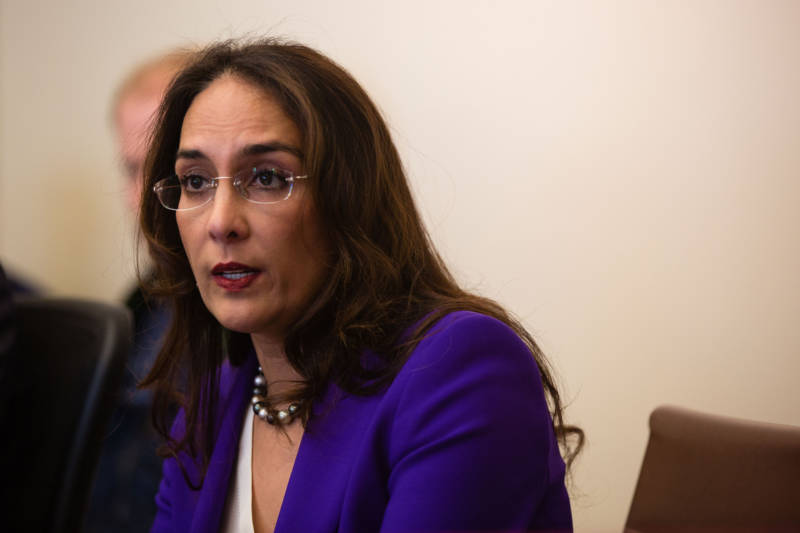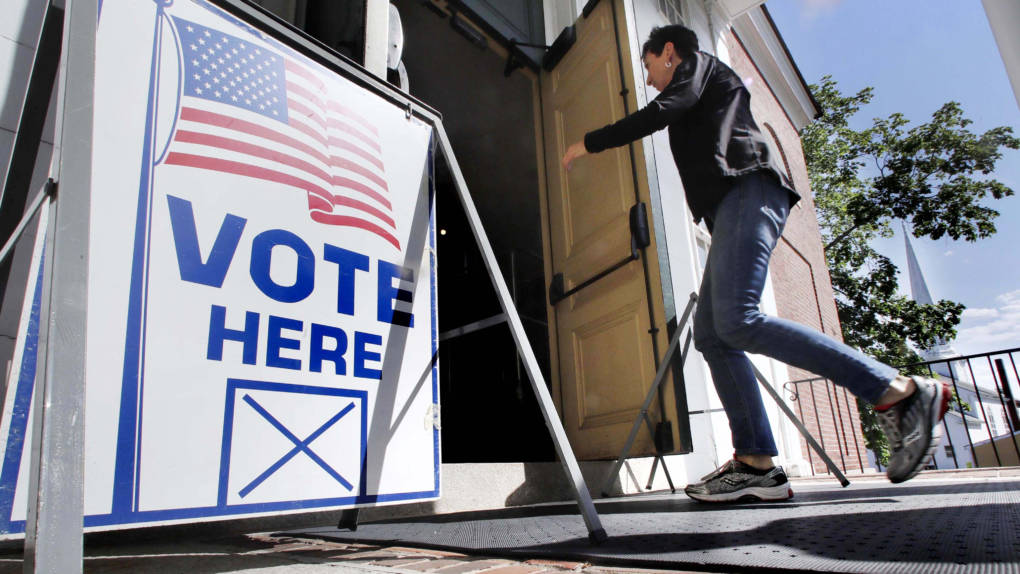Three Republican voters are suing California's secretary of state, charging that Democrat Alex Padilla is violating the National Voter Registration Act by failing to ensure that only eligible voters are placed on the voter rolls.
The federal lawsuit on behalf of the voters, two of them naturalized citizens, is being brought by high-profile GOP lawyer Harmeet Dhillon — a national committeewoman for the Republican National Committee. She has also sued the state over the recent law requiring presidential candidates to release their tax returns in order to appear on the California primary ballot.
Padilla rejected the suit as a partisan attempt to suppress voter turnout.
The lawsuit alleges that under California's so-called Motor Voter law — which automatically registers Californians applying for a driver's license or identification card at the DMV — people are being placed on the voter rolls without the secretary of state verifying that they are citizens. It's not the first problem for the Motor Voter system, which Republicans have been critical of since its inception.
"The National Voter Registration Act requires all states to make a determination of eligibility of voters who are placed on the voter rolls for federal elections before they enroll them," Dhillon said. "California refuses to use the data in its possession to determine citizenship eligibility, which is a prerequisite to vote in all federal elections. So we believe that this failure violates the National Voter Registration Act."


